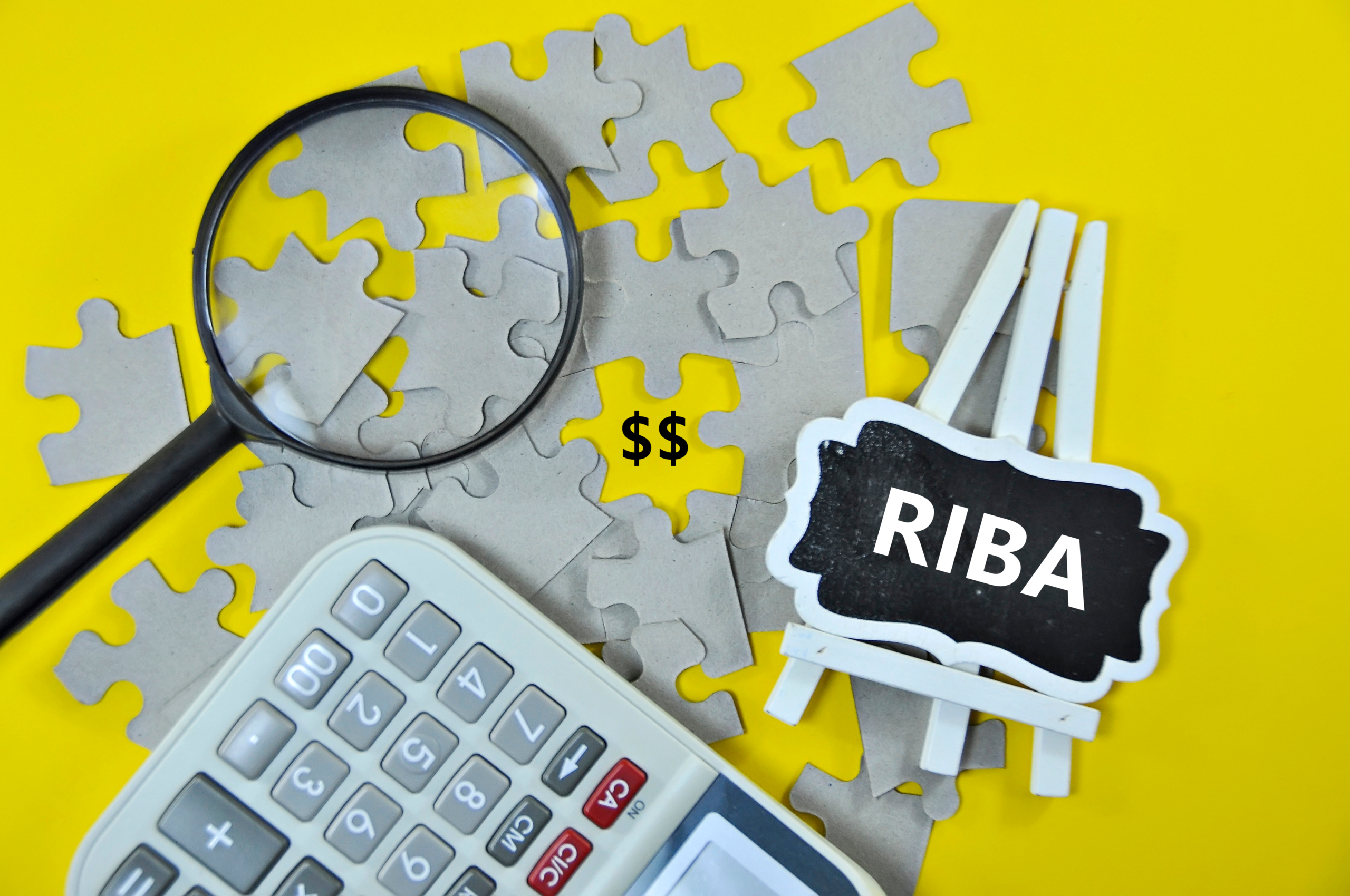Pawning an Item & Usury
Hanafi Fiqh
Answered by Shaykh Taha bin Hasan Abdul-Basser
Question: As-salamu `alaykum. If I were to pawn an item in order to get $200 and then, a month later, go back to buy it back at $225, would that be usury (riba)?
Answer: Wa-`alaykum as-salamu wa-rahmatullah.
There are several likely scenarios:
Scenario One
1) If the first transaction were actually a sale (as opposed to a loan), (as indicated by the contract that you entered into with the pawnbroker) and
2) If, at the time of the first sale, you did not agree (or promise) to repurchase the item at a higher price (but rather, for example, came back later, happened to find that the pawnbroker had not sold the item yet and decided to buy it back from him/her at that time) then the two sales (i.e. both the first and second) are valid (sahih), the transaction would not be usury (riba) and the transaction would be permitted (ja’iz).
Basis (mustanad): Allah says, “wa-ahalla llahu l-bay`a wa-harrama r-riba” i.e. “Allah has permitted buying (and selling) but prohibited usury [riba]”. (Baqara)
Scenario Two
However, if the first transaction were not a sale–but were rather a loan (of, say, $200) that the pawnbroker advanced to you and, as part of the loan transaction, you pledged your item as collateral (e.g. on the basis that if you did not pay the pawnbroker $200 plus interest [i.e. finance charge, service charge, etc] within 30 days, the item would become the pawnbroker’s)–and then you returned within 30 days and paid a higher amount (e.g. $225= $200 plus finance charges of $25) as repayment of the loan (not as the sales price in an actual repurchase of the item) then this would be usury (riba) and would be impermissible.
Basis (mustanad): It is transmitted from the Prophet (salla llahu `alayhu wa sallam) that he said, “Kullu qard jarra manfa` fa-huwa riba” i.e. “Every loan that draws a benefit is usury.” Note: The transmission chain (isnad) of this hadith is defective according to several hadith specialists (muhaddithin), but the text has been adopted as a fiqh principle (qa`idah) by our legists (fuqaha’).
Scenario Three
If the first transaction were a loan (of, say, $200) (as in Scenario Two above) but you were to return after the item had already become the pawnbroker’s (e.g. you were unable to repay the loan principal in 30 days but returned to the pawn shop after 40 days had elapsed) and then were to pay a higher amount (e.g. $225) as the actual repurchase price of the item (not in repayment of the loan), then the final repurchase here would not be usury (riba) and would be permitted (ja’iz) provided that 1) you did not agree or promise to repurchase the item at the higher price at the time of the first sale and 2) you did not intend to let the default period expire when you took out the loan.
Note: The first lending transaction itself may be invalid in this case, depending on specifics of the loan contract/pawn agreement. [See “Advice” below].
Advice (nasihah): I strongly counsel you (and any other Muslim, for that matter) against dealing with pawnbrokers (even according to Scenario One) since 1) pawnbrokers are known usurers (i.e. dealers in riba) and 2) the technical differences between the scenarios that I describe above may be difficult for many to discern, because of the duplicity of pawnbrokers, a lack of clarity in the contract or other reasons.
Wa llahu a`lam
The Needy Slave of Allah at Harvard
Taha bin Hasan Abdul-Basser
